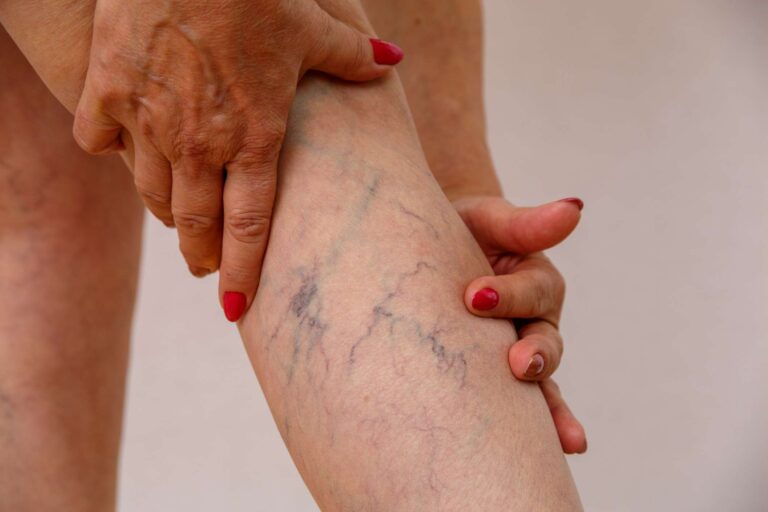The tissue in your throat relaxes when you sleep, and as air passes through, these tissues may vibrate, producing a loud hoarse sound. Snoring is a common problem, and nearly everyone snores once in a while. However, snoring in Rockville can be a chronic problem and a nuisance to members of your household. The good news is that lifestyle modifications such as losing excess pounds and avoiding taking alcohol a few hours before bedtime can help stop snoring. People who do not respond to lifestyle changes may benefit from medical devices and rarely surgery.
What causes snoring?
Snoring can be a result of your mouth’s anatomical structure. For example, bulky throat tissue narrows the airways and vibrates when breathing. You may also experience snoring due to an elongated uvula which vibrates as you breathe. Snoring is also common in people with a low, thick, soft palate.
Lack of enough sleep causes your throat to overly relax and increases your risk of snoring. For others, snoring may be due to nasal problems such as a deviated septum or sleeping position. Sleeping on your back makes the snoring louder because of gravity’s effect on the throat.
When should I see a doctor?
Although snoring is common, it may also indicate serious health concerns. Snoring is often linked with obstructive sleep apnea, a sleep disorder that can cause serious health problems such as high blood pressure, heart attack, and stroke. Seek medical attention if you experience other symptoms besides snoring, such as morning headaches, difficulty concentrating, gasping at night, chest pain at night, daytime drowsiness, and sore throat upon waking up.
Obstructive sleep apnea occurs when your throat muscles relax, partially blocking airflow. Due to impaired breathing, carbon dioxide levels in your body increase. Your brain senses this and arouses you from sleep to open the airways.
All this occurs so fast that you can hardly remember. As you wake up, you may gasp for air and produce a snorting sound. The disruption can occur more than 30 times every hour, affecting your sleep quality. Due to impaired breathing, your cardiovascular system works harder, putting you at risk of life-threatening conditions such as blood pressure, stroke, and heart attack.
Treatment for snoring
Lifestyle changes such as losing extra weight, changing your sleeping position, and avoiding alcohol consumption close to bedtime can treat snoring. Getting enough sleep can also help with snoring. However, if these modifications do not help, your doctor may recommend:
- A dental mouthpiece
Oral appliances hold your tongue, jaw, and soft palate in position to prevent them from obstructing your airways. If your doctor recommends an oral appliance, you may need to work with your dentist to optimize the fit of the device. The mouthpiece may feel uncomfortable during the first few days, and you may experience side effects such as dry mouth, jaw pain, and excessive salivation.
- Continuous positive airway pressure
For this approach, you wear a mask over your nose and mouth, through which pressurized air from a small pump enters your airways. It is the most effective and reliable treatment for snoring associated with OSA, but most people find it uncomfortable.
Consult with your doctor at Sleep Services of Maryland LLC if you need to understand why you snore.


